The Great Nutrient Collapse
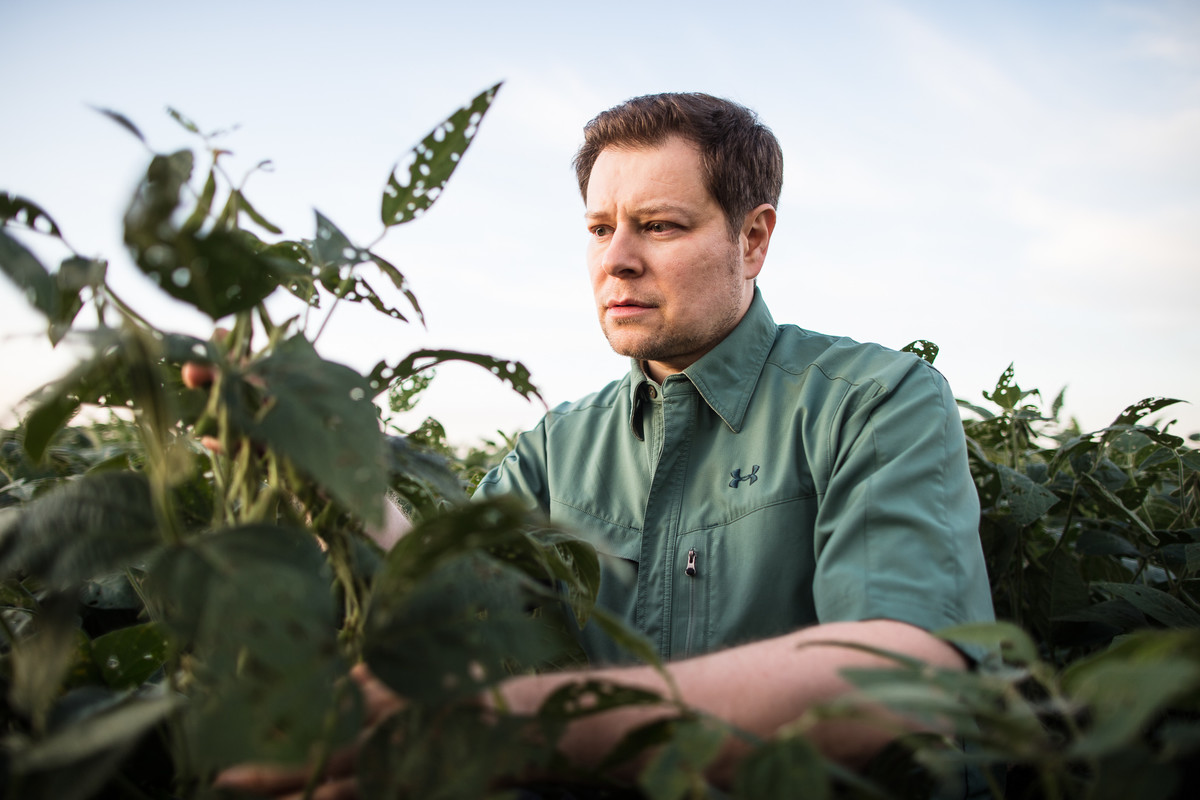
Source: Politico
Irakli Loladze is a mathematician by training, but he was in a biology lab when he encountered the puzzle that would change his life. It was in 1998, and Loladze was studying for his Ph.D. at Arizona State University. Against a backdrop of glass containers glowing with bright green algae, a biologist told Loladze and a half-dozen other graduate students that scientists had discovered something mysterious about zooplankton.
Zooplankton are microscopic animals that float in the world’s oceans and lakes, and for food they rely on algae, which are essentially tiny plants. Scientists found that they could make algae grow faster by shining more light onto them—increasing the food supply for the zooplankton, which should have flourished. But it didn’t work out that way. When the researchers shined more light on the algae, the algae grew faster, and the tiny animals had lots and lots to eat—but at a certain point they started struggling to survive. This was a paradox. More food should lead to more growth. How could more algae be a problem?
Read the full article here: https://www.politico.com/agenda/story/2017/09/13/food-nutrients-carbon-dioxide-000511







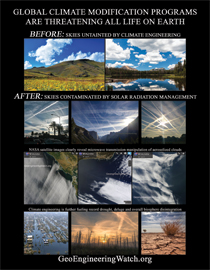

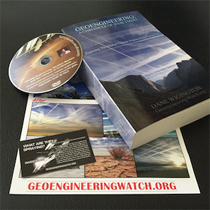




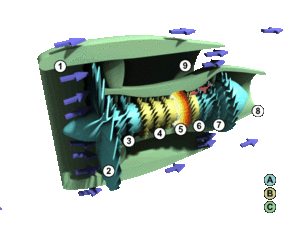
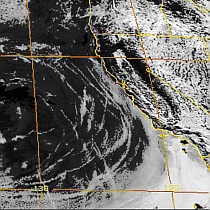




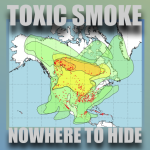
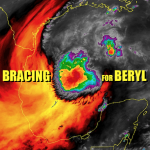
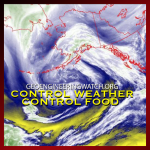
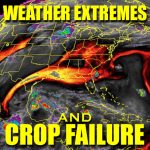
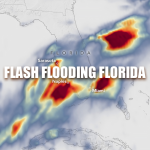
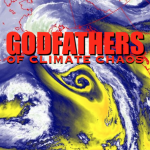
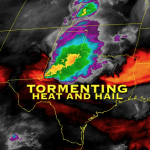
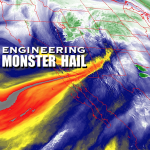
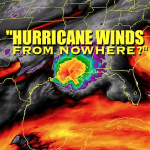
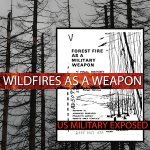
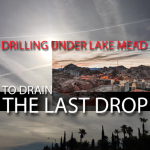


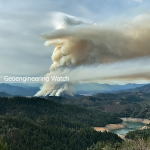
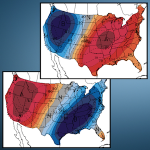
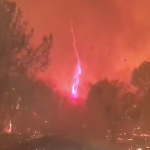
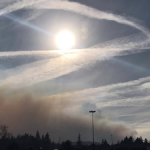


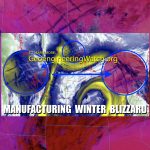


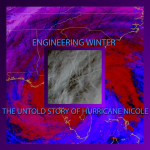


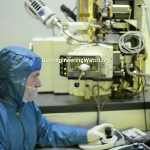



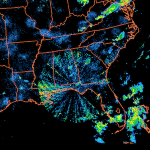
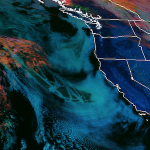
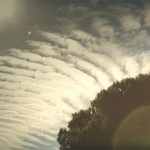

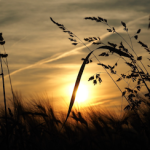
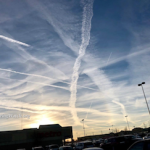

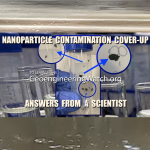





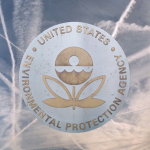



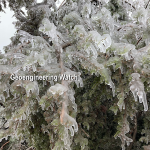
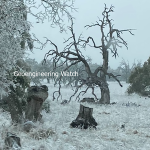


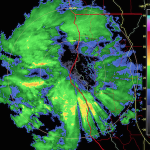
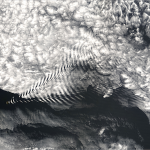


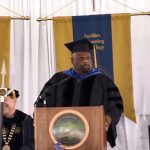



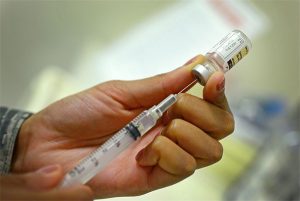



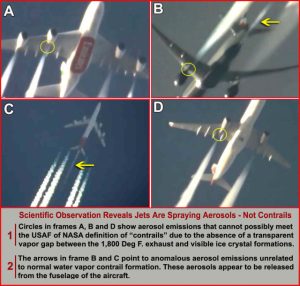
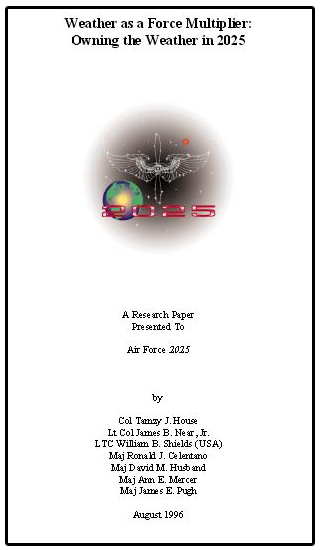





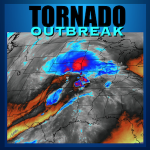
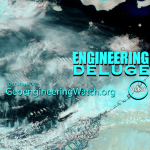

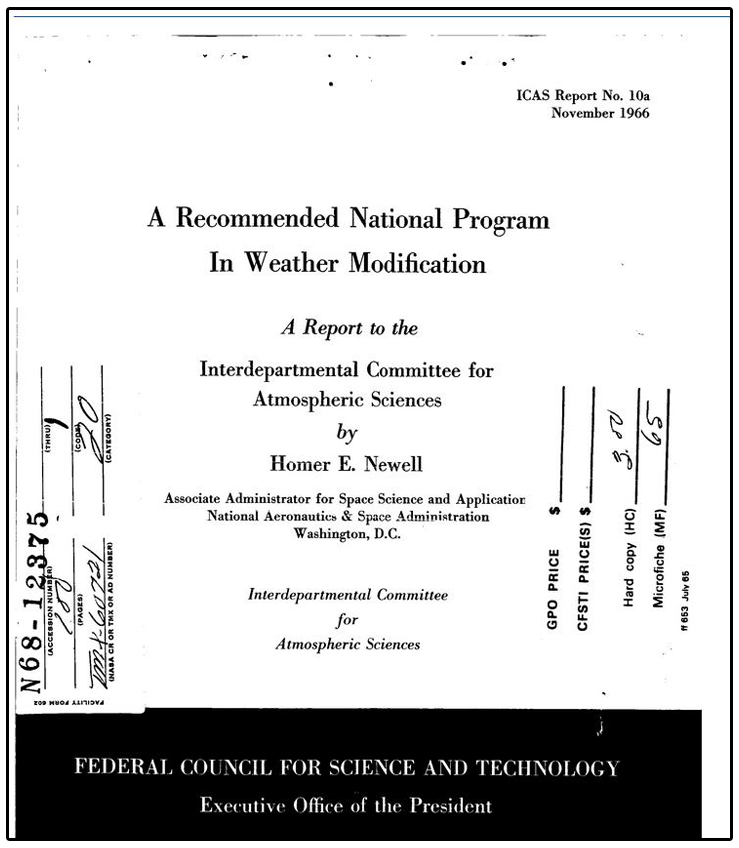

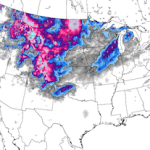
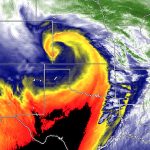
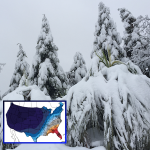
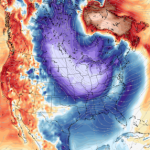
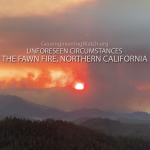

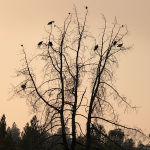
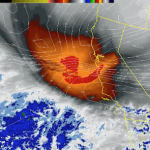
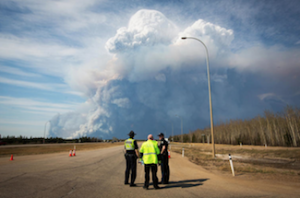
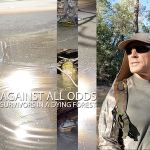
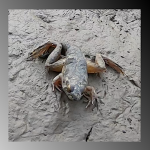
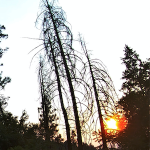
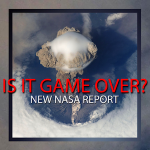

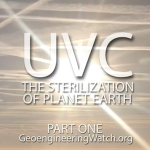


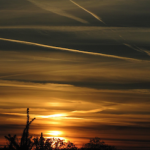
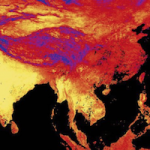
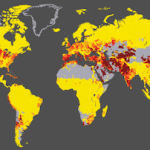

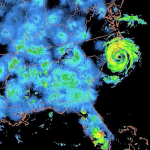
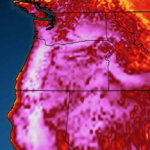



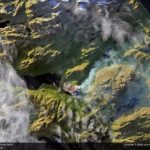
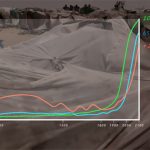

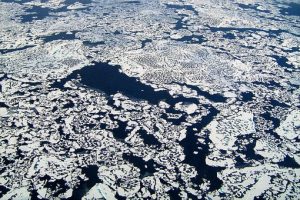

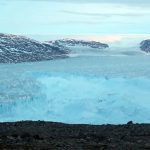

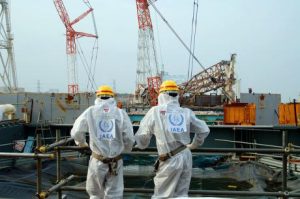



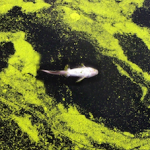
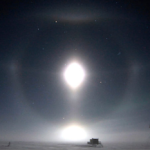
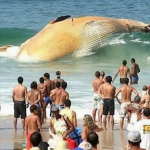





I agree with you . I have my own solution to grow strong nutritious plants.
always read the research
it was when i did a degree in herbal medicine that i got used to the words and structure of research
and i was shocked by how inadequate the 'academic' and 'scientific' investigation and understanding of the real world outside of the labs really was
i went to university at 37 for a science degree and studied much geography related stuff
i had been a gardener for at least ten years and although the teachers had 'knowledge' it was crude, simplistic and inadequate
i was the same age as many of the teachers, some older and some younger and as i had found my voice in the womens movement of the 60's and 70's i spent much time in class asking questions and making statement of things i knew about
the teachers did actually appreciate my contribution – so used to empty headed youngsters just listening and scribbling
as for the practical sessions – when you see a technician attacking a soft soiled field with a pickaxe you realise the man must have spent his student holidays on a building site not in a field
this is an interesting story above – but didn't find anything about the inadequate fertility of the soil the plants were grown in.
artificial fertilisers are no replacement for speeded up natural farming – crop rotations and putting animals on the fields for their manural contribution
that soil cannot be taken into a lab is a real problem for investigators – take a piece away from its environment and it dies
the life in soil is a puzzle we cannot solve – we can only try to feed it – that's what organic food was – now its been taken over by the idiots – and become more like ordinary food – tasteless and lacking substance
the new scientist in the early days had wonderful articles on organic food in the uk and other places – one main contributor was the uni of aberystwyth – mainly 70's and 80's new scientist i think.
now new scientist has gone the way of the uni's – full of their own importance – speaking much and knowing little – everyone writes a book
deeds not words!!
i eat wild food, or as it used to be called – local food and herbal medicine
i am not a forager – i eat from my garden – i do not weed but welcome them as a gift of real food